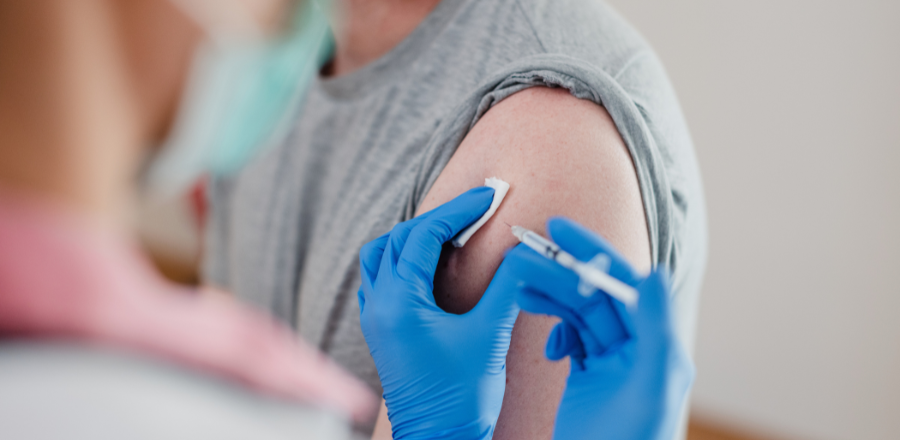Background
The Northern Australian Livestock Export Working Group (NALEWG) was formed in September 2018 and is a collaboration between:
- AgForce Queensland Farmers Limited (AgForce)
- Kimberley Pilbara Cattlemen’s Association (KPCA)
- Northern Territory Cattlemen’s Association (NTCA)
- Northern Territory Livestock Exporters’ Association (NTLEA)
- Queensland Livestock Exporters’ Association (QLEA)
- Cattle Council of Australia (CCA)
- Australian Livestock Exporters’ Council (ALEC)
NALEWG is Chaired by central Queensland cattle producer and President of the AgForce Cattle Board Will Wilson.
NALEWG’s initial focus was to develop cross-sector submissions to livestock export regulatory reviews, including most recently the review of the Australian Standards for the Export of Livestock (ASEL).
Over time the scope of the group has expanded to include industry briefings on emergent issues in northern cattle exports to South East Asia.
Northern Australian cattle supply chain COVID-19 collaboration
NALEWG Chair Will Wilson commented, “COVID-19 has brought with it a number of regulatory challenges across Northern Australia. Working through those collectively has reinforced the effectiveness of collaboration between our organisations.”
“As we bed down things here, discussions concerning market conditions are now becoming increasingly important. Monitoring short to medium-term demand across SE Asia is vital for cattle producers and exporters to make decisions about what to do next. This is to not only underpin food security of our trading partners but also to assure animal welfare outcomes across the supply chain” said Mr Wilson.
Northern Australia-Indonesia collaboration
Greg Pankhurst, President of the Queensland Livestock Exporters Association, has spent 30 years working in the Indonesian cattle industry, during which time he established the JJAA feedlot in Lampung, before recently returning to Australia.
“The importance of working with our trading partners during this period cannot be understated and sets a solid foundation for the implementation of the Indonesian-Australian Free Trade Agreement as of July” Mr Pankhurst commented.
“Having spoken with cattle importers in Indonesia it’s clear that in the short to medium term there are going to be some challenges in the market. But the resilience of the Indonesian people is remarkable. If we can work collectively here in Australia to understand these challenges and try and assist our trading partners where we can, we’ll see the benefit in the long run” Mr Pankhurst said.
“The period leading into Eid (23 May 2020 – breaking of the fast as part of Ramadan) will give us a better idea of the effect of COVID-19 restrictions in Indonesia. From there we will hopefully be able to chart a course back to the new normal. But until then uncertainty is likely to remain a strong influence on demand.” Mr Pankurst added.
Chris Nott, NTCA President said “The NTCA has longstanding ties with members of the Indonesian Cattle industry. Through our NTCA Indonesia Australia Pastoral Program we’ve brought more than 100 students from Indonesia to Cattle Stations in the NT. We’ve worked hard at building relationships between us and our trading partners in Indonesia. A culture of collaboration where we can look to optimise operations both here and overseas offers a pathway for the future of the industry.”
Mr Nott further added “To be frank, we rely on each other. Without a profitable industry in Indonesia, our job here becomes much harder.”
Northern Australian cattle muster season underway
At this time of year across Northern Australia, cattle producers have begun mustering to get this year’s turn-off ready for market.
Emma White, CEO of the KPCA commented that “Given the significant turn off last year due to ongoing dry seasonal conditions in Northern WA, this meant live export shipments started in February/March. This year the first vessels haven’t departed Wyndham and Broome until April 2020. Overall however turnoff/live export numbers are expected to be lower than 2019 whilst the herd across Northern WA is re-built”.
Background information on NALEWG’s objectives and the economic importance of the Northern Australian cattle industry
NALEWG sees producers and exporters as equally invested in developing a sustainable and ethical industry that is supported by effective regulation, strong animal welfare principles, and ultimately animal welfare outcomes.
The key point of difference with NALEWG is that it provides a producer’s perspective, in collaboration with the live export industry, and operates from a platform continuing to care about the welfare of animals in the country of destination and beyond a sale transaction occurring from producers to agents/exporters.
The live cattle export trade makes a vital contribution to regional economies and communities across the Northern Australia. On average from 2012 to 2019, just over 1 million head of cattle worth $1.2 billion are exported each year to 23 countries and the live export industry employs around 10,000 people (on-farm and off-farm, i.e. directly and indirectly).
This includes significant Aboriginal employment. Any supply chain disruptions to the trade not only have food security impacts for our international trading partners but also flow on beyond producers and live exporters more broadly to transport companies, fodder suppliers, livestock agencies, export companies, shipping contractors, port operators, veterinarians and financial service industries amongst others.








